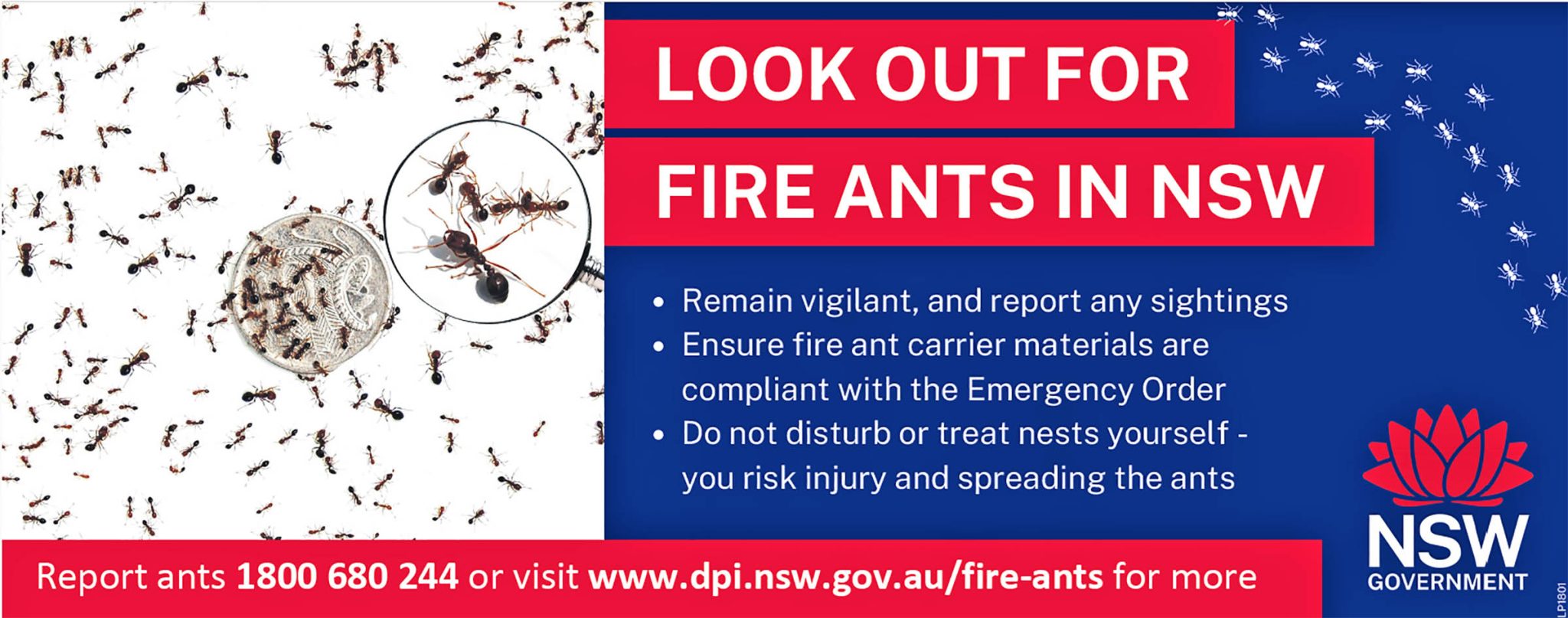With the jump in fertiliser prices, disruptions to supply chains, pandemic uncertainties and unpredictable weather patterns all impacting the cost of fresh produce, now is the time to grow your own veg.
Here are ten easy-to-grow staples that won’t take long to get going in your garden that also pack a punch when it comes to calories and nutritional goodness.
Pumpkin
Calories per 100g: 30
High in: carbohydrates, vitamin C, A, B2, B6 & E, potassium, copper, manganese, iron and magnesium.
Pumpkin can be used in both dinners and desserts. Make sure you have plenty of room if you want to grow pumpkin – or a trellis to grow them up (each pumpkin will need support if the vine is trellised – old stockings, or even bras do the job nicely). Prune the vine regularly once you have some pumpkins forming – the plant’s energy will go back into the fruit rather than into new leaves. Harvest once the vines are dying back.
Potato
Calories per 100g: 109
High in: carbohydrates, fibre, vitamin C & B6, potassium and folate – mostly in the peel.
Potato is not only filling and cheap, but utterly delicious when you grow your own – a whole different world to shop-bought. They grow well in large, deep containers where you can keep piling soil on top as they grow. Harvest when the leaves start dying off – carefully so as not to cut the tubers.

Sweet potato
Calories per 100g: 84
High in: carbohydrates, fibre, beta-carotene, potassium, vitamin B5, B6, C and E magnesium, iron and calcium.
Sweet potatoes are virtually indestructible and will completely take over your garden, so you may want to grow them in a large container or raised bed. They make a great groundcover as well as a highly nutritious perennial vegetable. Any time of the year, just stick a tuber or a freshly picked stem into the soil and voilà.
Broad beans
Calories per 100g: 97
High in: protein, fibre, potassium, iron, magnesium, calcium, vitamin C and most of the B vitamins.
Broad beans are easy to grow with very pretty flowers. A wonderful crop over winter in the subtropics, sow them in late summer-early autumn in a block so that they will support each other in windy weather. They are a favourite of slugs (who have very discerning taste when it comes to vegetables) so make sure you use all your slug thwarting tricks to protect your young seedlings. Once they are up and away slugs won’t be a problem anymore.
Peas
Calories per 100g: 81
High in: carbohydrates, fibre, protein, iron, magnesium and extremely high in vitamin C & B6.
Sweet and satisfying, peas thrive in cooler weather and are great to grow up a trellis or fence. Again, you will be competing with the slugs – but it’s worth it for freshly shelled peas.
Kale
Calories per 100g: 49
High in: packed full of vitamins A, K, C & B vitamins, manganese, copper, calcium, potassium and magnesium, iron, fibre, and omega 3 fatty acids.
Kale is absolutely packed with a range of vitamins, minerals and trace elements. Kale smoothies may not have the best reputation for flavour, but once you try fried kale leaves you will be addicted. It is an attractive plant in green, red or purple, and can be grown dotted around the garden as a space filler.
Silverbeet
Calories per 100g: 19
High in: vitamins C, K, A and B vitamins, omega 3 fatty acids, and a rich source of minerals including copper, calcium, sodium, potassium, iron, manganese and phosphorous.
Another leafy green chock full of goodness and vital elements that we need for optimum health. Silverbeet is an excellent staple for stir fries, pasta and risotto, and picked young makes an excellent salad leaf.
Banana
Calories per 100g: 89
Rich in: carbohydrates, fibre, potassium, vitamins B6 & C.
A beautiful plant that adds an instant tropical look to any garden, they are also a highly nutritious fruit – you could probably live on bananas alone for months if you had to. Prolific and fast producers, you will have more bananas than you can poke a stick at.
Papaya
Calories per 100g: 32
High in: vitamins A, C, E, fibre, folic acid, papain and chymopapain (anti-inflammatory enzymes that aid digestion).
Papaya is one of the easiest fruits to grow – they come up like weeds if you throw out a piece with seeds in it and you’ll be harvesting them in a couple of years. They are not long lived and the fruit of young trees is better than that of mature trees, so scatter some seeds every couple of years and you will have a constant supply in your garden.
Passionfruit
Calories per 100g: 97
High in: fibre, vitamin C, A & B6, iron, potassium and magnesium.
A backyard favourite for good reason. Other than being perfect for pav, passionfruit is a wonderful, easy to grow plant that also serves to cover ugly fences or create shade on a pergola – with the added bonus of delicious and very nutritious fruit.
by Bernice Shepherd




